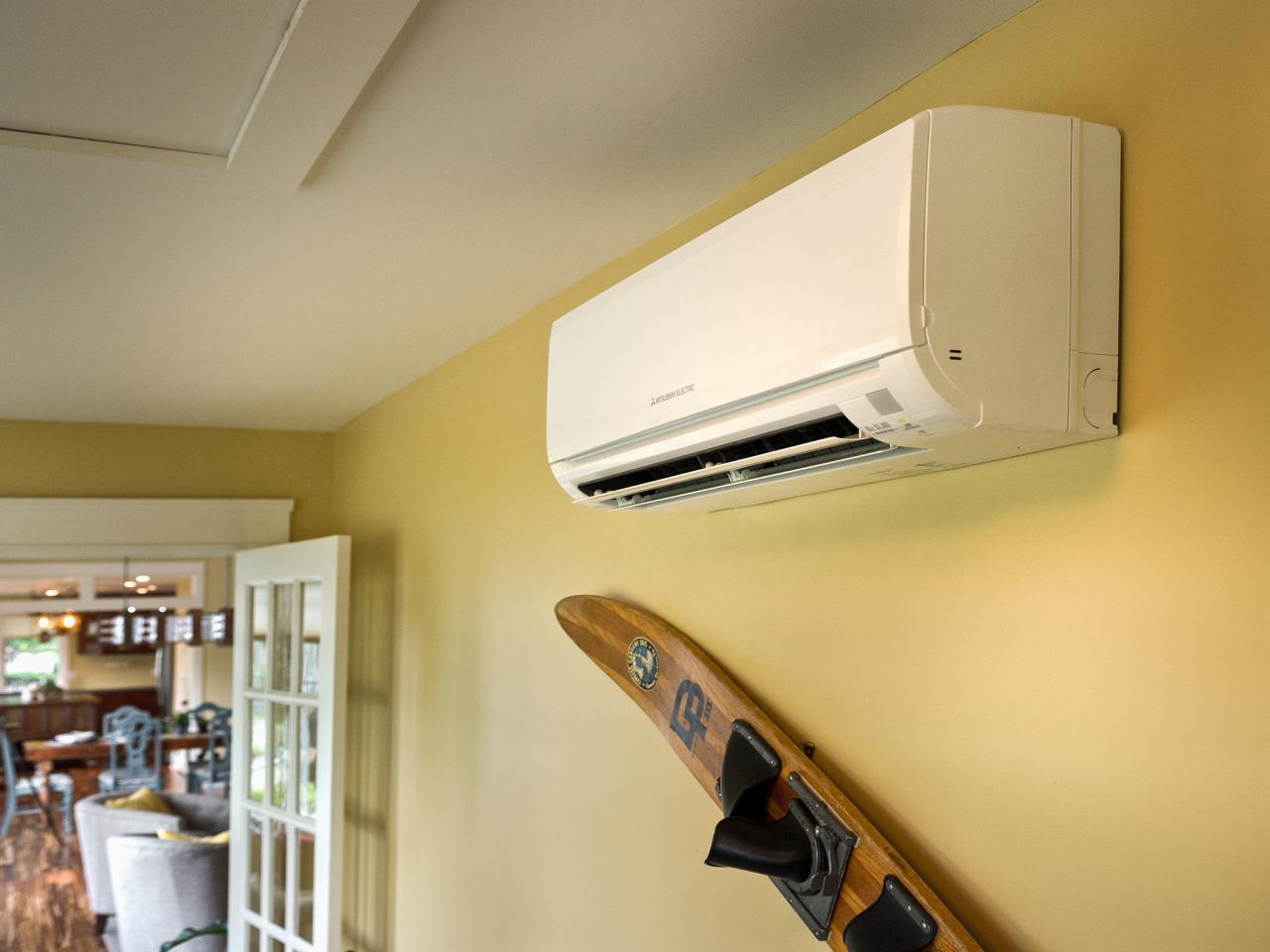Maintain Your HVAC
Heating and cooling typically account for the largest share of a building's energy consumption, particularly with the implementation of energy-efficient upgrades such as LED lighting to reduce other energy demands. Therefore, optimizing the efficiency of your heating, ventilation, and air conditioning (HVAC) system is vital for decreasing your building's environmental footprint, ensuring the well-being and comfort of occupants, and reducing operational expenses.
Considering that the HVAC system plays a vital role in a building, and replacement can be both expensive and disruptive, it is prudent to take every possible step to ensure its peak performance over an extended period.
To get started, it is crucial to establish a fundamental understanding of your HVAC system. Identify the specific type of system in use, the energy source it relies on and the manufactuers recommended maintenance schedule.
Given the intricate nature of modern HVAC systems, it is often advisable to consult an HVAC specialist for comprehensive guidance. If you lack basic knowledge about your system, an HVAC specialist can provide valuable assistance.
Practices aimed at preventing issues before they arise include:
Regular Air Filter Replacement: It's essential to replace air filters at regular intervals. These filters tend to become clogged over time as they accumulate airborne contaminants. A clogged filter forces the HVAC system to work harder to circulate air, leading to increased energy consumption. Furthermore, clogged filters have a detrimental effect on indoor air quality, so it's crucial to adhere to the manufacturer's recommended replacement schedule.
Check System Settings: Most HVAC systems offer a wide range of customizable settings. Specific configurations can have a significant impact on the energy consumption of your HVAC system, particularly with scheduling settings. Adjusting setback temperatures when the building is unoccupied is a highly effective, zero-investment measure, according to Bruce Taylor, President and Founder of Enviro-Stewards Inc., an environmental consulting firm based in Elmira, Ontario. Additionally, ensuring a gap between your heating and cooling set points prevents both systems from running concurrently, negating each other's efforts.
Utilize Heat Recovery: If available, systems equipped with heat recovery can harness exhaust air from indoors to pre-heat or pre-cool incoming fresh air from outside. This significantly reduces the energy required by your HVAC system to reach the desired temperature and humidity levels.
Continuous System Performance Monitoring: While both Taylor and Sousa recommend annual HVAC professional checks as a good starting point, continuous monitoring is essential. Unusually high energy consumption can indicate a problem, so consider the installation of sensors and amp loggers to monitor energy usage and other performance metrics closely.
Seek Specialist Recommendations: Every system and building is unique, so it's valuable to consult with an HVAC specialist for additional measures that can be taken to reduce overall energy consumption in your specific environment.
How to Identify HVAC Issues:

While the most apparent indication of an HVAC problem is a complete system failure, there are typically warning signs to watch for. If you observe any of the following during your routine system monitoring, it's advisable to contact your HVAC specialist for investigation and remedial action before a system-wide breakdown occurs:
Unusual Noises: Although HVAC systems inherently produce some noise, an increase in volume or the emergence of unfamiliar sounds may signal an issue requiring attention.
Visible Rust: The presence of rust or noticeable deterioration suggests that the affected component is due for replacement.
Unexpected Water Presence: The appearance of water where it shouldn't be is a clear indication that repairs are needed. Prompt action is necessary to prevent potential water damage to your building.
Low Refrigerant Levels: HVAC systems are designed as closed systems, so the need to replenish refrigerant indicates a potential leak. Leaking refrigerant not only leads to increased costs and reduced system efficiency but also has environmental consequences, as many refrigerant fluids are known contributors to global warming. Therefore, it's vital to address this issue promptly.
Increased Energy Consumption: Whether through monitoring energy bills or using amp loggers to track HVAC electricity consumption directly, any unexplained spikes in power usage should be thoroughly investigated.
Comfort Complaints: Many HVAC system components are concealed, making it challenging to visually identify problems. This is why feedback from building occupants should be taken seriously, as it often serves as the initial warning of an issue. An upsurge in complaints regarding temperature, humidity, or air quality indicates that something within the system is not operating as it should.
